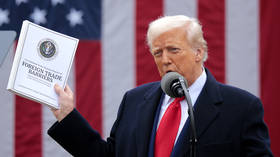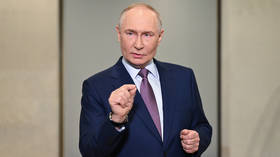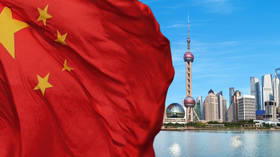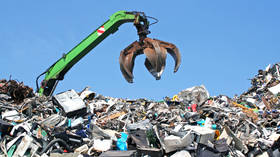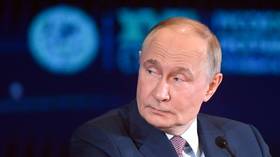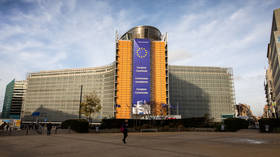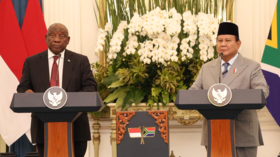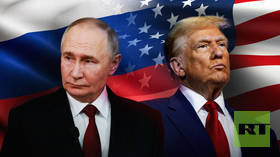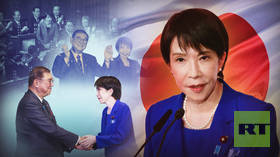Nigeria warns against ‘Minecraft approach’ in trade with Africa
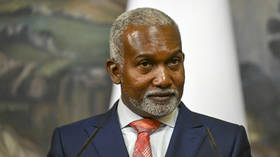
Nigeria is less affected by US tariffs compared to other countries due to its diversified trade strategy, the West African country’s foreign minister, Yusuf Tuggar, has told Reuters. He urged wealthy nations to engage Africa with “mutual respect” instead of a “Minecraft approach.”
Tuggar made the remarks in an interview on the sidelines of the Reuters NEXT Gulf summit in the UAE’s capital, Abu Dhabi, on Wednesday.
“Sometimes it’s like the game Minecraft: There’s oil, there’s gas, there’s critical minerals, rare earths. We put a bit of this, we invest in this. No, that’s not the way it goes,” Tuggar said, according to the outlet.
In July, Washington announced “reciprocal” tariffs on multiple trading partners, including African countries, a measure President Donald Trump has claimed is required to offset years of unsustainable trade deficits against the US. South Africa, whose second-largest bilateral trading partner is the US, was hit with a 30% tariff and has since been negotiating a “fair” deal with the Trump administration.
For Nigeria, the rate is 15%, and Foreign Minister Tuggar has previously said Washington is using visa restrictions and tariff hikes to pressure African countries to host third-country migrants expelled from the US. Abuja has insisted Africa’s most populous nation has its own challenges and will not yield to accept foreign deportees, despite some neighbors doing so under deals with Washington.
“We are a very large country of 230 million people, so we have a huge internal market. That also means we have a larger talent pool than other countries,” Tuggar reportedly said on Wednesday.
According to the diplomat, the Nigerian government is not focused on any single “axis” and is instead pursuing “strategic autonomy… especially in a multipolar world.”
“Our relationships are not based on ideological considerations, they’re based on interests, beginning with our national interest. So we trade with the US, we trade with China, we trade with Brazil, we trade with India,” the minister noted.
China remains Nigeria’s largest trading partner, with the US in fifth place in 2024, according to data from the National Bureau of Statistics.

